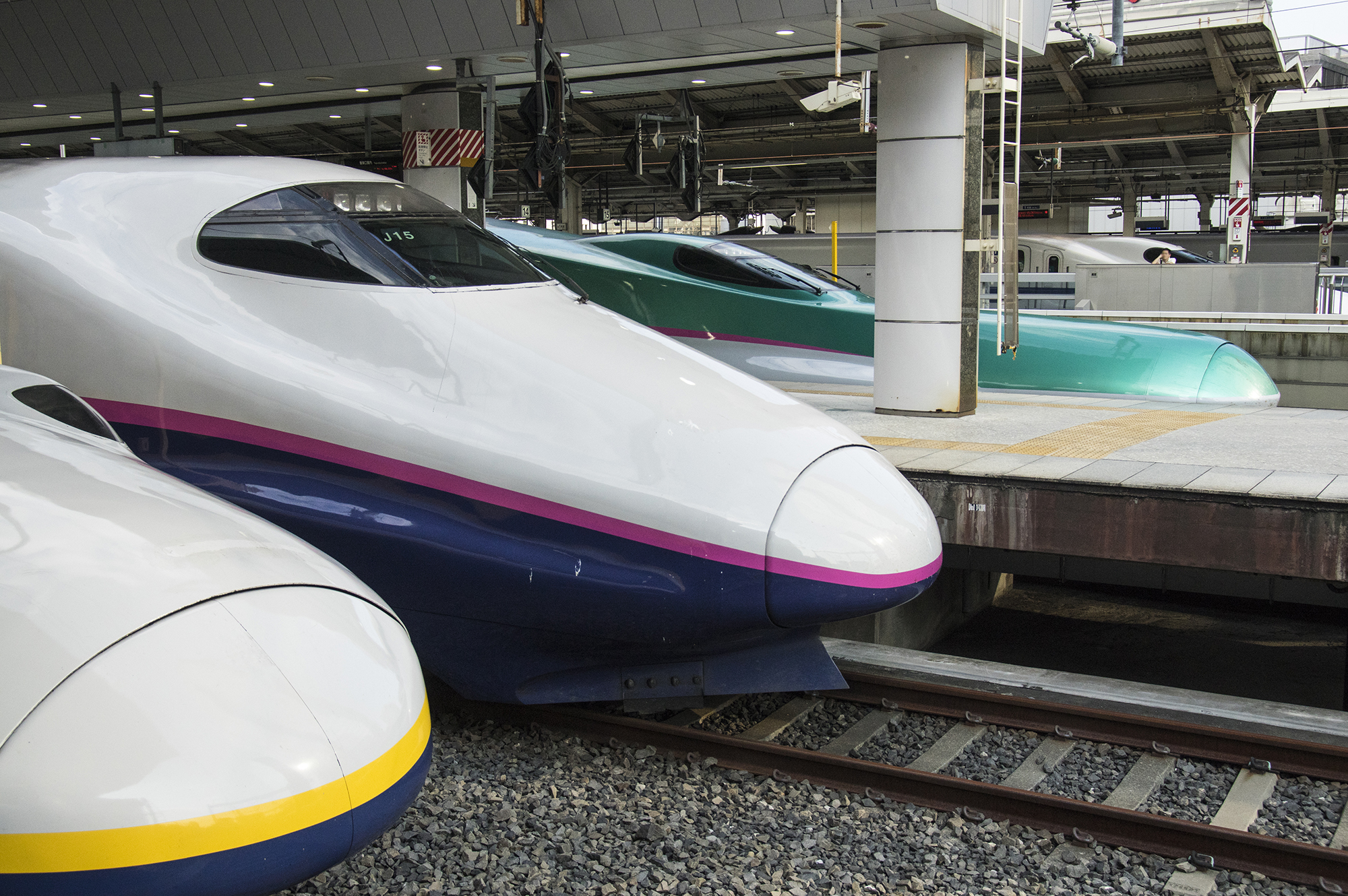- Features and Highlights
- History
- Best Time to Visit
- Access Information and Recommended Visiting Hours
- Surrounding Information
- Images
- FAQ (Clothing, Rules)
- References
Features and Highlights
Obitokidera, also known as the Temple of the Cord, is known for its unique architecture and serene gardens. It features a beautiful main hall, intricate woodwork, and tranquil surroundings that provide a perfect backdrop for meditation and reflection. The temple is particularly renowned for its historic Buddha statues and beautiful seasonal flowers, making it a picturesque spot throughout the year.
History
Founded in the 8th century, Obitokidera has played an essential role in the spiritual life of Nara City. It was established during the Nara period (710-794) and has been a pilgrimage site for centuries. The temple is particularly associated with the legend of the celestial being who descended to weave a miraculous cord, which is said to denote the ties of fate. Numerous historical documents and artifacts can be found within the temple, providing insights into its rich past.
Best Time to Visit
The best time to visit Obitokidera is during the spring (March to May) and autumn (September to November) when the weather is mild and the gardens are in full bloom. Cherry blossoms in April and the vibrant colors of autumn foliage offer stunning views and peaceful experiences for visitors.
Access Information and Recommended Visiting Hours
Obitokidera is easily accessible via public transportation. It can be reached by taking the Kintetsu Nara Line to Obitokidera Station, followed by a short walk. The temple is open to visitors from 9:00 AM to 5:00 PM, with extended hours during the tourist season. It is advisable to check for any seasonal festivals or special events that may affect visiting hours.
Surrounding Information
The area surrounding Obitokidera is rich in cultural heritage, with several other notable temples and shrines in close proximity, such as Todai-ji Temple and Kasuga-taisha Shrine. Additionally, visitors can explore nearby parks and local shops selling traditional crafts and snacks, enhancing the overall experience of Nara City.
Images
Here are some stunning visuals of Obitokidera:
FAQ (Clothing, Rules)
Visitors to Obitokidera are encouraged to dress modestly, reflecting the temple’s spiritual atmosphere. It is advisable to wear comfortable shoes as there may be some walking on uneven paths. Photography is allowed in most areas, but respectful behavior is expected, and silence should be maintained in prayer spaces.
References
For more information, consider visiting:
- Official Nara Prefecture Tourism Site: Obitokedera Temple
- Nara City Tourism Association Site: Obitokedera Temple
- Wikipedia: Obitokedera
- Kansai Temple Tour Site: Obitokedera Temple
- Nara City Guide Official Site: Obitokedera
Recommended spots within a 10km radius
- Explore Enshoji Temple: A Hidden Gem in Nara City, Japan
- Discover Kairyūō-ji Temple: A Hidden Gem in Nara City, Japan
- Discover the Beauty and History of Iwasunet Temple in Kizugawa City, Kyoto Prefecture
- Discover the Tranquil Beauty of Kofuku-in in Nara, Japan: A Hidden Gem of Cultural Heritage
- Discovering Kofuku-ji: A Historical Gem in Nara, Japan
